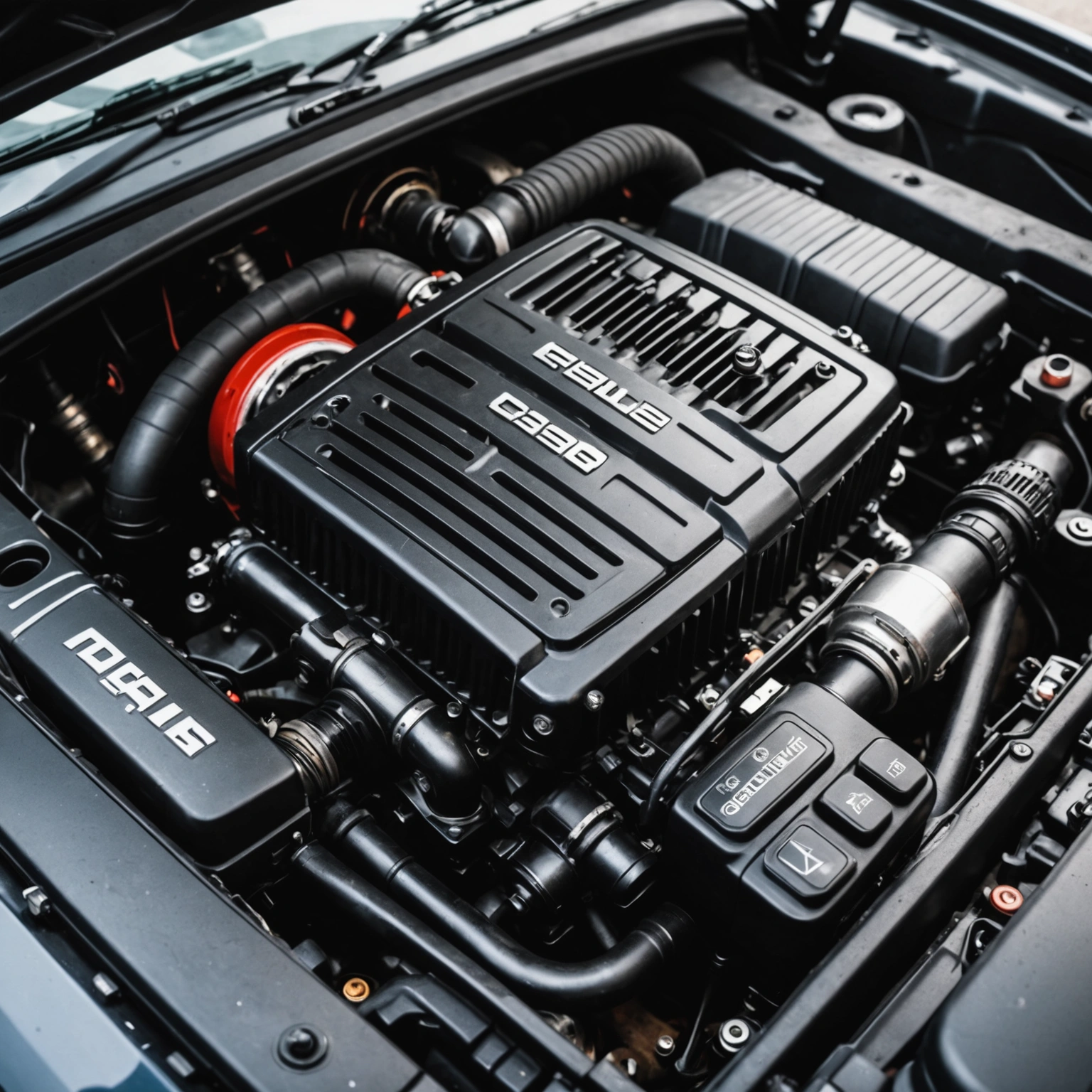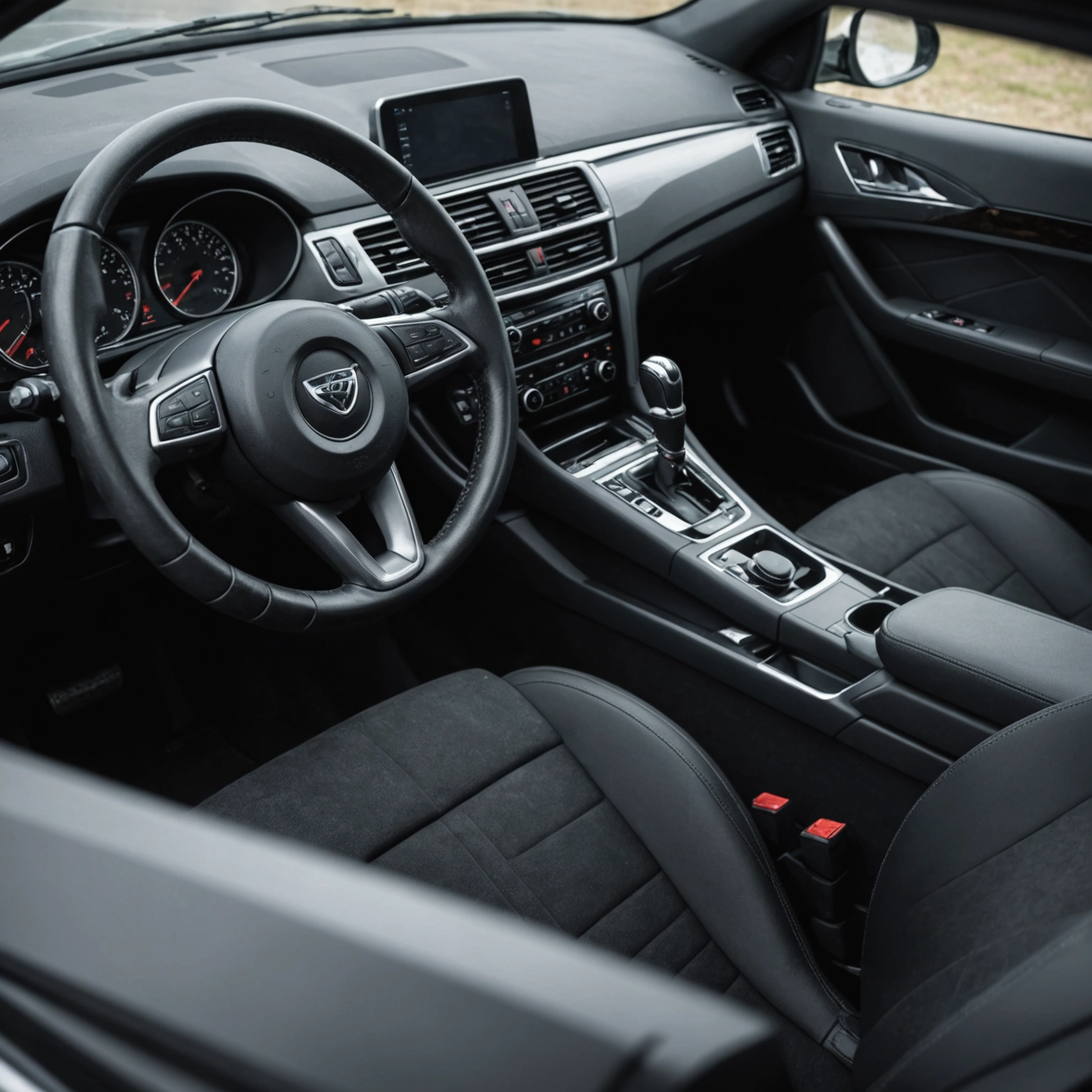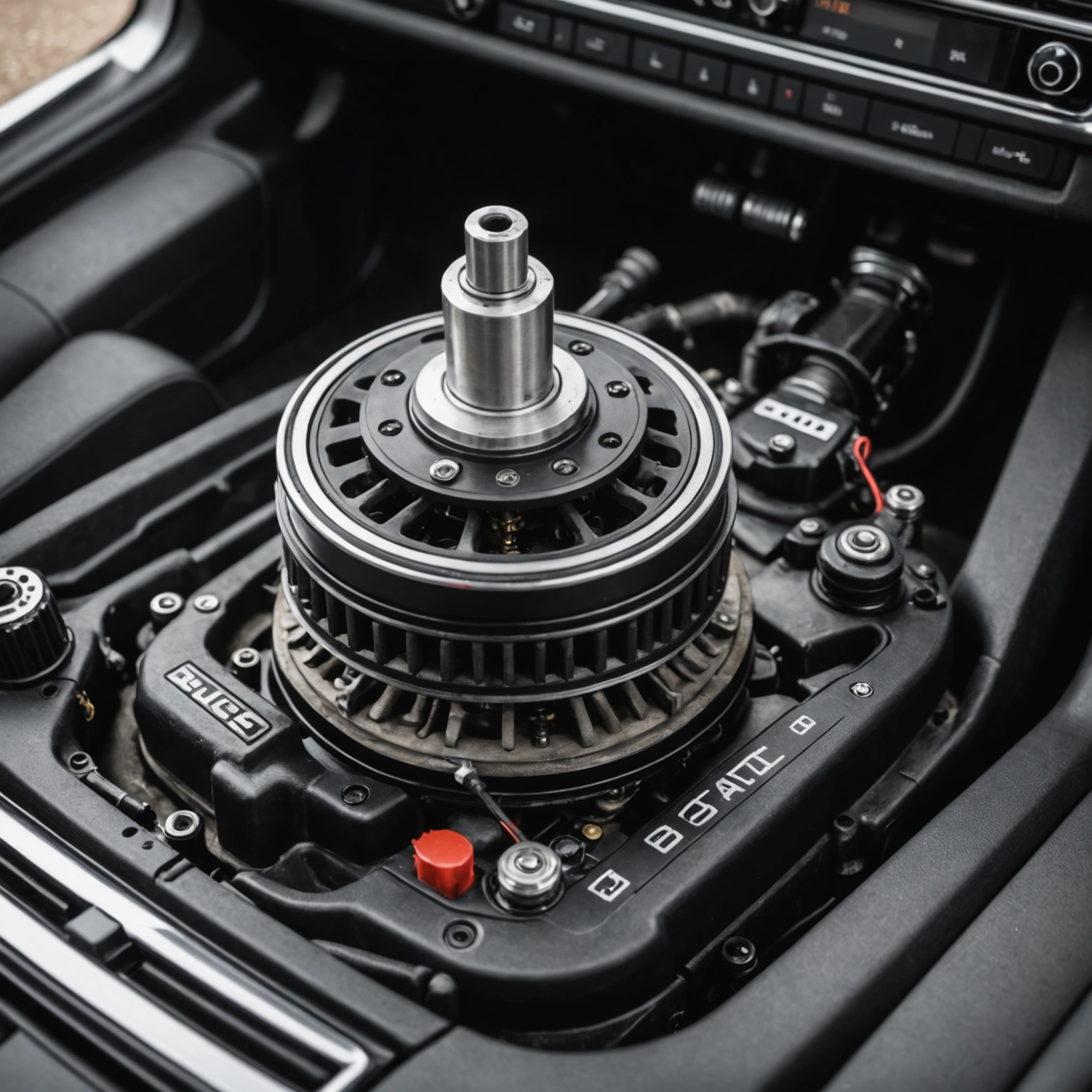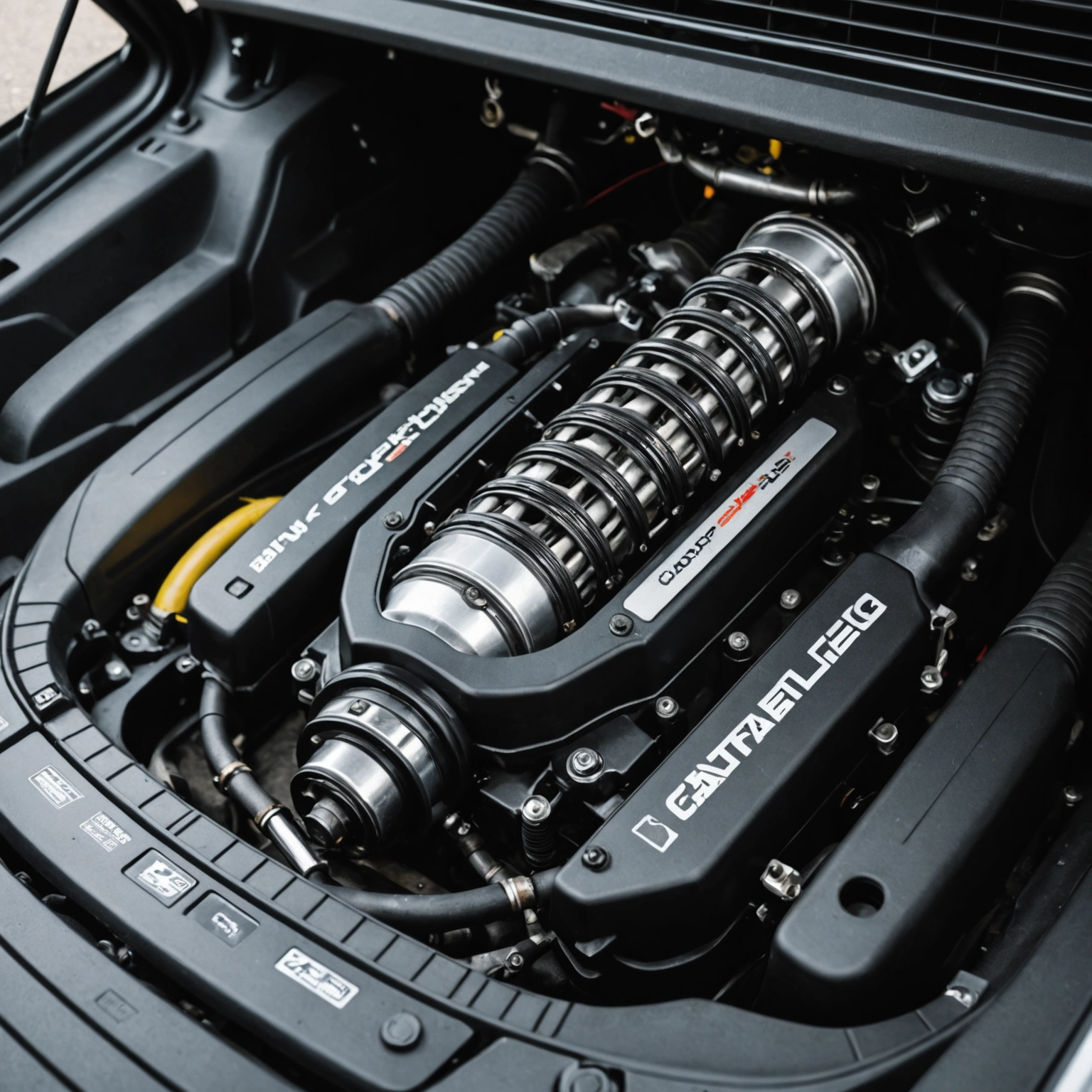**Why Does My Car Rattle? Understanding Common Causes of Car Rattling Noises**
A rattling noise coming from your vehicle can be both annoying and concerning. It’s important to identify the root cause promptly to ensure your car remains safe and reliable. Here’s a comprehensive overview of common reasons why your car might be rattling and what you can do about it.

### 1. Loose or Worn Suspension Components
Your car’s suspension system absorbs shocks from the road, providing a smooth ride. Over time, parts like struts, shocks, or sway bar links can become loose or worn out, causing a rattling sound, especially when driving over bumps or uneven surfaces.

**Signs:** Rattling over bumps, uneven handling, or drifting.
**Solution:** Have a mechanic inspect the suspension and replace worn parts.

—
### 2. Exhaust System Issues

A loose or damaged exhaust system, including hangers, shields, or mufflers, can produce rattling noises. The exhaust components are subject to heat and vibrations, which can cause them to come loose or develop cracks.
**Signs:** Rattling sounds that increase with engine RPM or when accelerating.
**Solution:** Inspect the exhaust system for loose parts or damage and repair or replace as needed.
—
### 3. Brake System Problems
Worn brake pads, loose calipers, or debris lodged in the brake assembly can cause rattling noises when you brake or even while driving.
**Signs:** Rattling during braking or when the vehicle is stationary.
**Solution:** Have your brake system checked and serviced by a professional.
—
### 4. Interior or Exterior Loose Items
Sometimes, the cause is as simple as loose items inside the vehicle or on the exterior, such as loose dashboard panels, or items in the trunk or cargo area.
**Signs:** Rattling persists regardless of driving conditions.
**Solution:** Remove or secure loose items and check interior panels for tight fitment.
—
### 5. Engine or Transmission Mounts
Worn or broken mounts can cause engine or transmission movement, resulting in rattling noises, especially during acceleration, deceleration, or when shifting gears.
**Signs:** Rattling or knocking sounds that correlate with engine activity.
**Solution:** Have mounts inspected and replaced if necessary.
—
### 6. Underlying Mechanical Issues
Other mechanical issues such as loose belts, faulty pulleys, or damaged timing chains can also cause rattling sounds. These are more serious and should be diagnosed by a professional.
**Signs:** Rattling accompanied by performance issues or warning lights.
**Solution:** Seek immediate professional diagnosis and repair.
—
### Final Tips:
– **Pay attention to when the rattling occurs:** Is it during acceleration, braking, over bumps, or at idle? This can help pinpoint the cause.
– **Note the location:** Front, rear, under the vehicle, or inside the cabin.
– **Get a professional inspection:** If you’re unsure, consult a trusted mechanic to diagnose and fix the issue before it worsens.
### Conclusion
Rattling noises in your car can stem from a variety of issues, from simple loose items to serious mechanical problems. Regular maintenance, attentive driving, and prompt inspections can keep your vehicle running smoothly and quietly. If your car is rattling and you’re unsure of the cause, don’t hesitate to seek professional advice to ensure safety and longevity on the road.

